Newark Bat Removal
Welcome to Newark Bat Removal! We are New Jersey bat removal specialists. It is important to know that bats are protected by New Jersey law, and are beneficial animals to have in the environment. We do not kill any bats during our bat removal process. Never hire a pest control company or anyone who says they are a Newark bat exterminator. For correct and effective bat removal, you want a company that specializes in humane bat colony extraction. Our process is not only the only legal method in New Jersey, but it is the most effective. We have a 100% success rate in our bat control process. We perform our industry-best 32-point inspection of your house or building, and seal shut all bat entry holes down to 1/4 inch as part of the removal process, during which we remove the colony via special one-way exclusion devices specific to your architecture. Once all bats are safely out, we permanenetly bat-proof the structure. We also provide guano (bat droppings) removal and decon. Click on our Newark Bat Control Prices page to find out more about our prices for bat control work. We work 24/7/365, and would love to talk to you about your bat problem. Call us any time at 862-214-2010 to discuss it, discuss our pricing, and if you wish, set up an appointment at your convenience, often same-day.
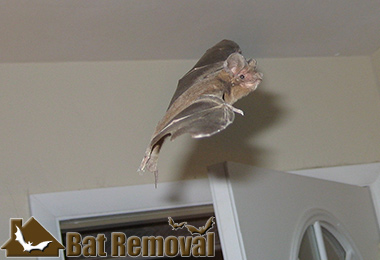
Newark Building and Attic Inspections

No-kill New Jersey Bat Extraction
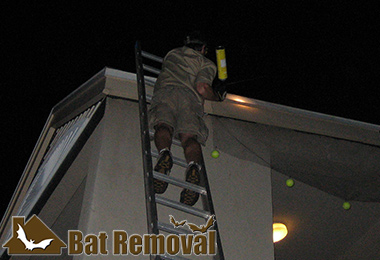
Guano Cleanouts - Serving all of New Jersey
Call 24/7 to discuss your bat problem.
Same-day or next-day appointments.
32-point inspection of your property.
Written estimates for bat removal project.
Fully state licensed and insured.
Residential and commercial service
100% no-kill Newark bat extraction
Complete bat-proofing of your building
Compliance with all New Jersey, federal laws
Guano removal and attic decontamination
Our Service Range - 862-214-2010
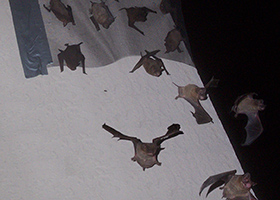
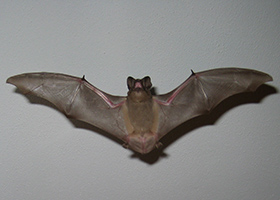
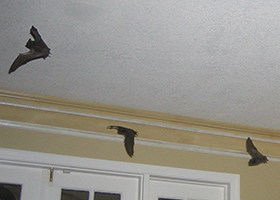
Ways on How Bats Are Drinking Water
Natural water source has been quickly disappearing in the natural habitat of bats over the past 150 years. Usually, they have been transformed into dams or irrigation. Others have been affected by the urban developments. The shortage of reliable and safe water source can greatly affect the survival rate of the bats. According to the experts, some bats have experienced up to 50 percent of water loss in a single day.
How the Bats Are Drinking Water
Even bats that are in the arid environment will need a steady supply of water. The lack of supply can lead to the extermination of the local bat species. Some bats will drink water from the tank, but they are more prone to drowning when doing this.
Flying Down
In order to drink water, some bats will need to fly down to the surface of the water. They will immediately scoop a generous amount of water before they will fly up. This means that the place where they are drinking should not be obstructed. Think of the bats as airplane pilots that need to approach their runways. Any obstruction in the runways can be fatal. Just like the other animals they can be vulnerable to drowning if they have been trapped from their escape route. Some bats will have larger wings that have limited maneuverability. The open water will need to be wide to prevent accidents. The bats will basically take a great amount of water while they are flying and at a very high speed.
Bats Drink Their Water from Food
Bats need water but it will not be common for us to encounter a drinking bat. Some bats will receive their daily water intake from the foods that they eat. Some species of bats will eat fruits with high water content. This will be enough to replenish the fluids in their body. Around 3 types of bats will also drink blood. They will make a punctured wound on the skin of the victim and will lick their blood.
How Bats Look for Safe and Clean Water
There is an existing theory that the bats can determine clean and safe water to drink. According to the researchers, the bats may help human especially in areas with limited water source to look for water source. Since the bats have large and uninsulated wings, they are always at risk of dehydration. Even the bats that have fully adapted to the life in the desert will need water. Experts believe that he quality of water can have a direct effect towards them.
There are species of bats that will avoid water that has low quality. Study shows that the activity of bats will be significantly lower on water areas with high salt content. More studies will still need to be conducted in order to verify the tolerance of the bats over salty water. Nonetheless, the possibility that they can be an environment indicator is an additional reason why we should conserve these creatures.

